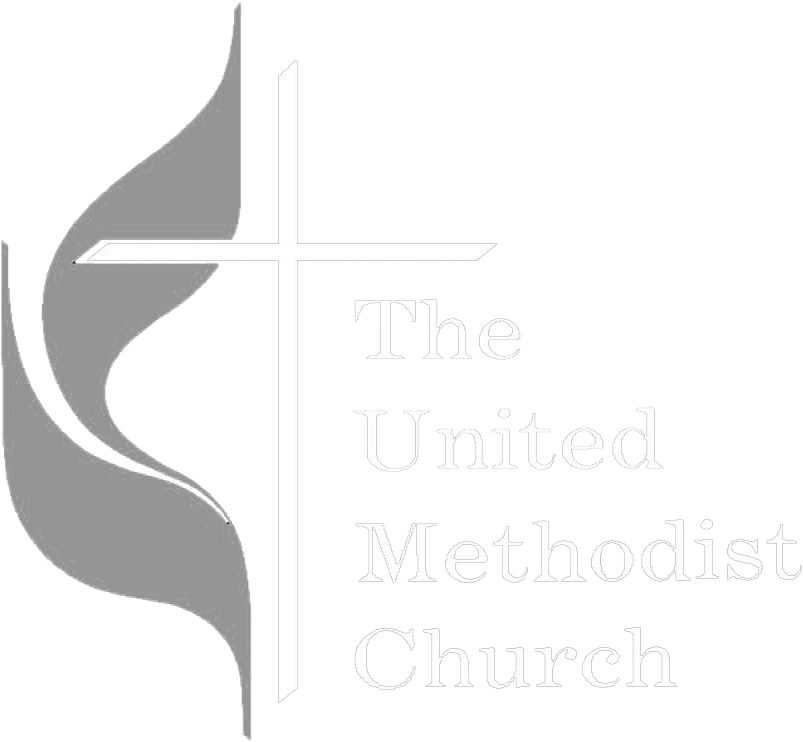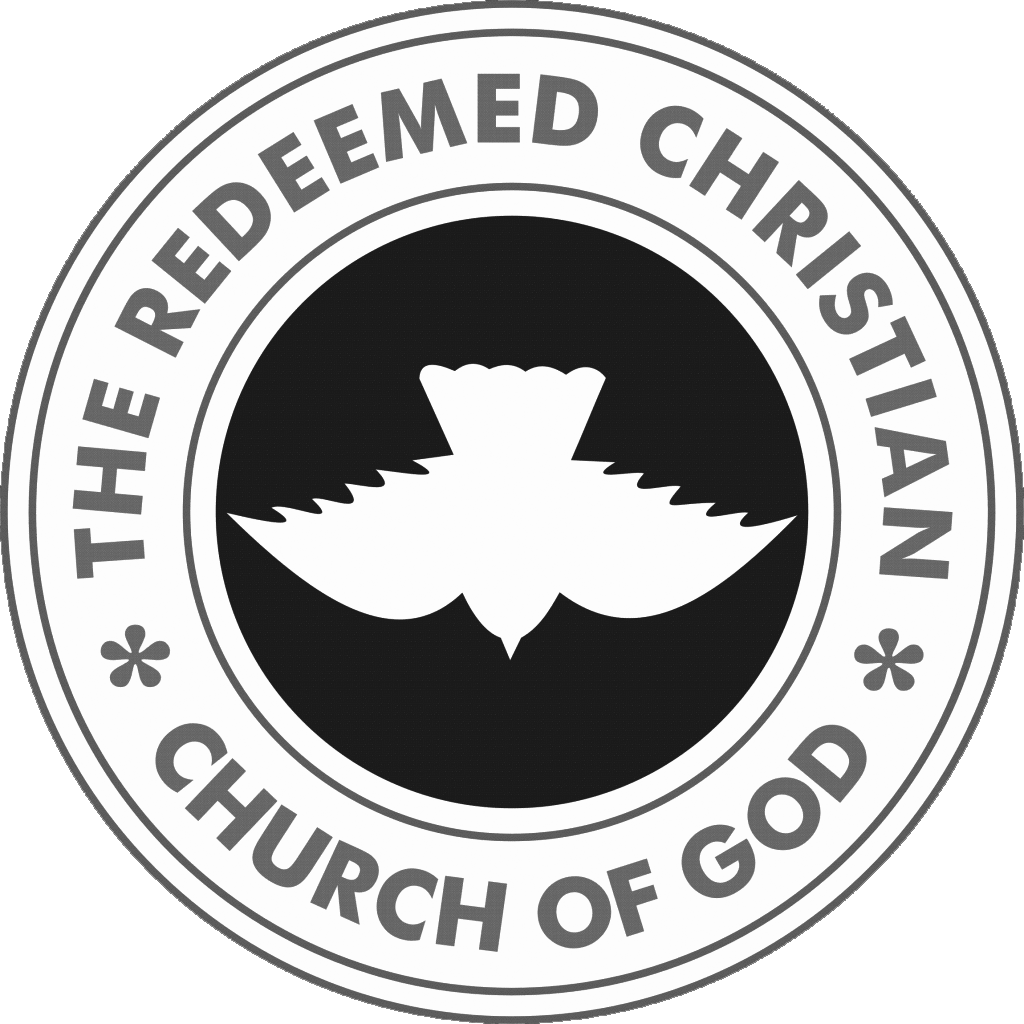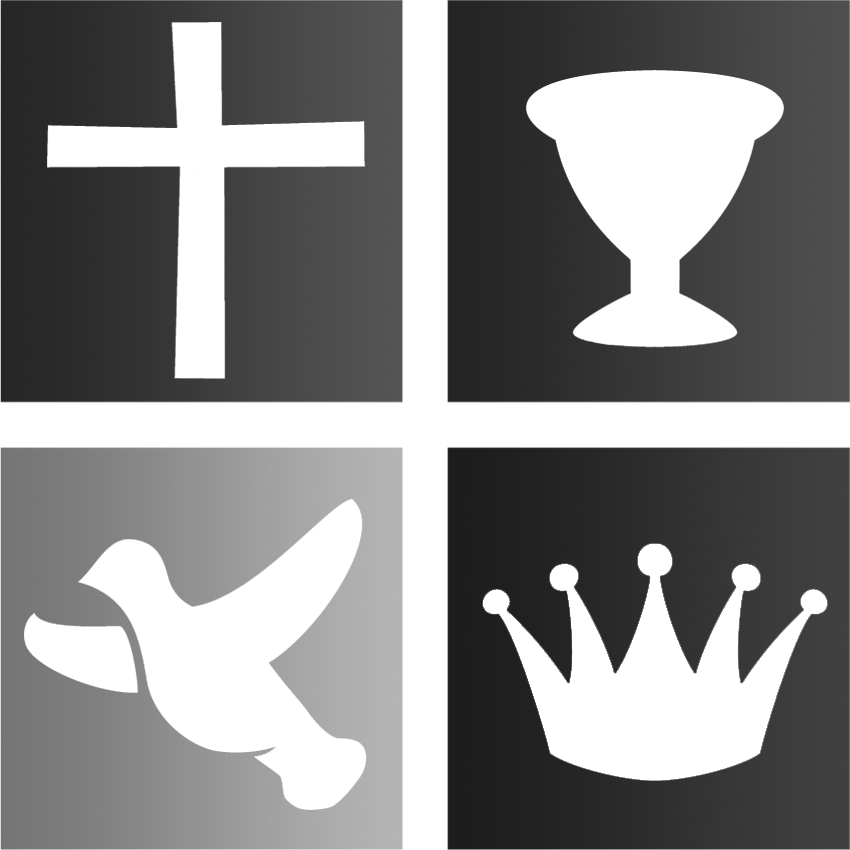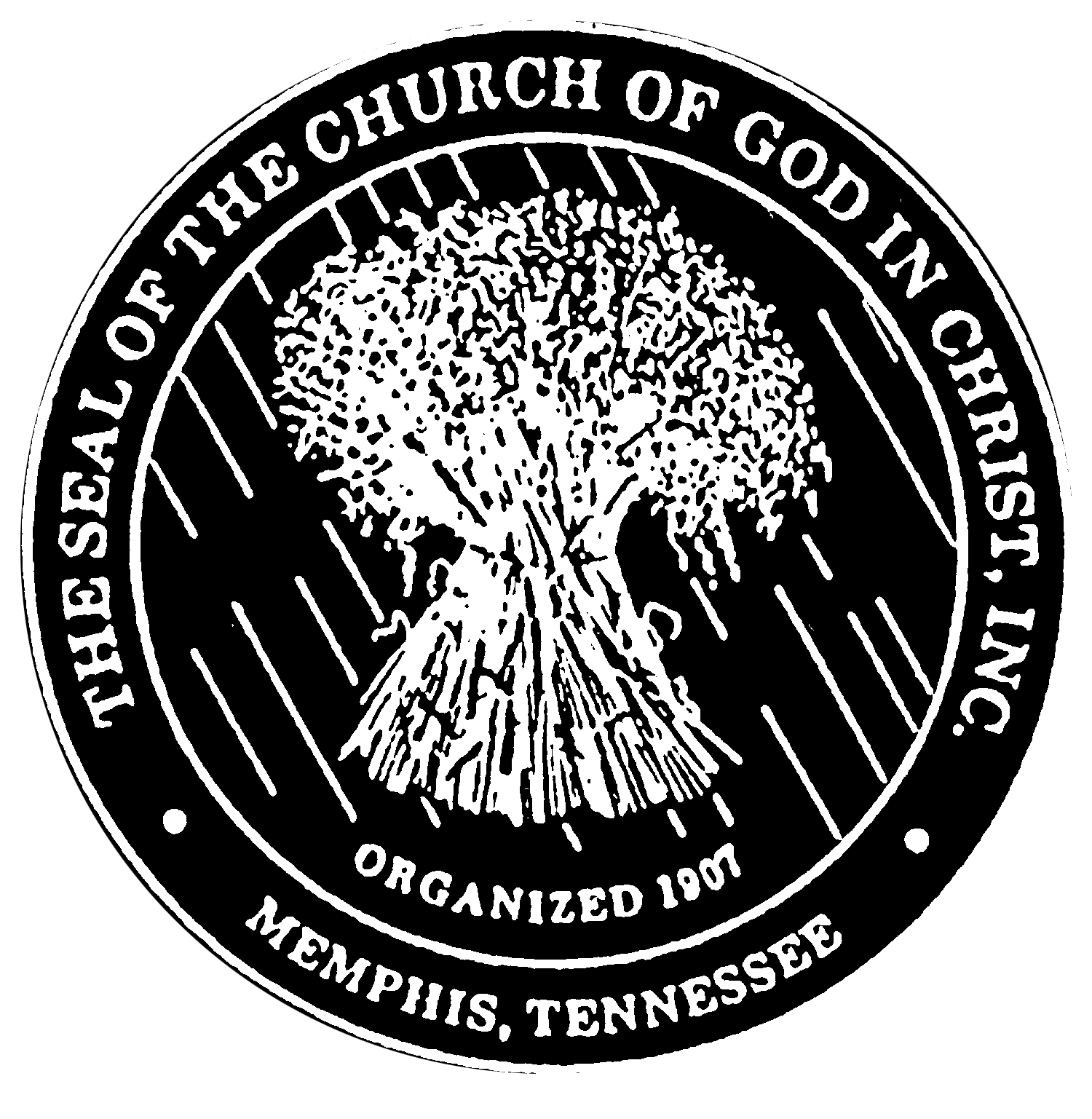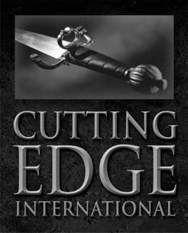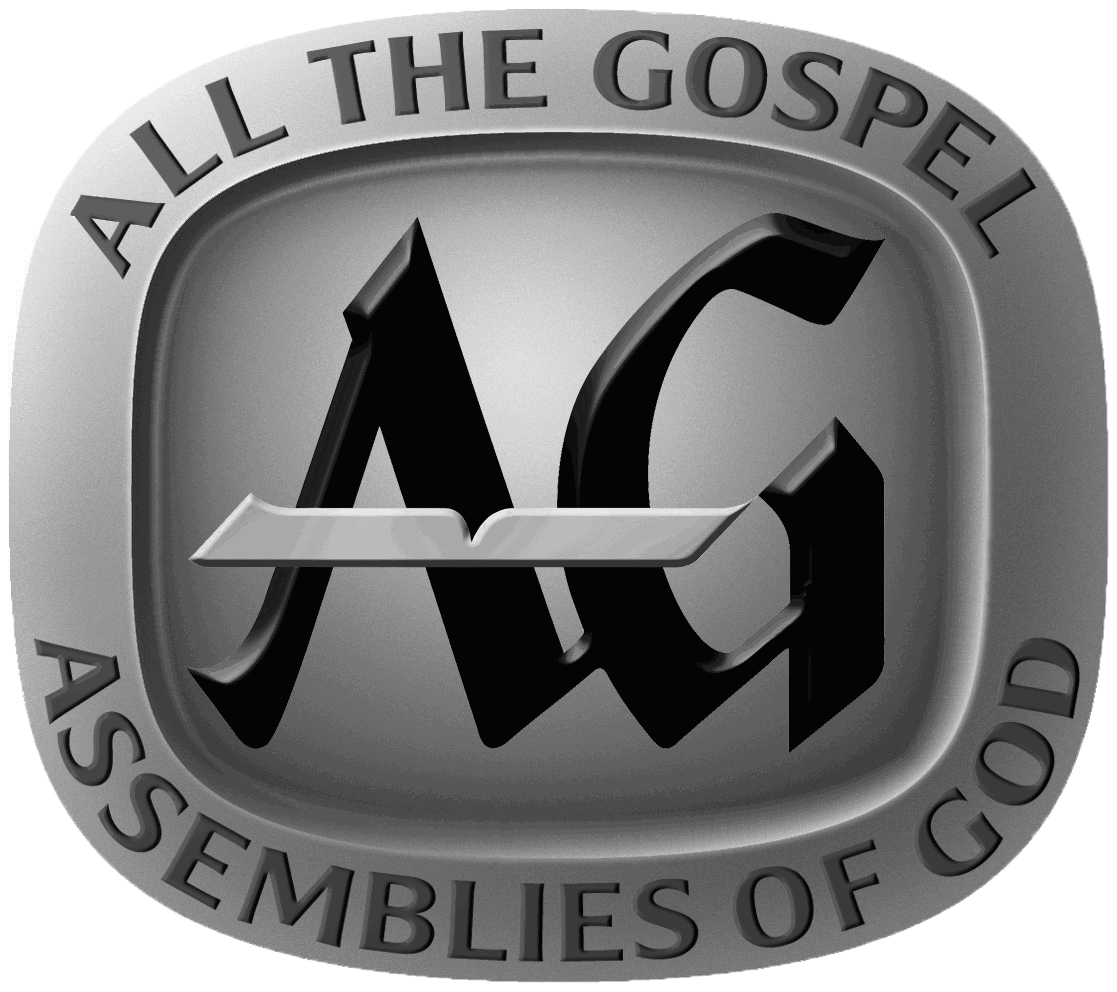Living In The Shadows: Colossians Series #15

As we begin this chapter, please carefully read the words: “Let no man therefore judge you (condemn you or look down on you) in meat, or in drink, or in respect of a holy day, or of the new moon, or of the Sabbath days: Which are a shadow of things to come; but the body is of Christ” (Colossians 2:16-17).
 We are not called to live life in the shadows. A shadow is a dim outline of some object or some reality. Really, a shadow is a promise and a preview. A shadow is a promise that something or someone is coming. It is also a preview because the shadow gives you some idea of the shape or form of that something or someone who is coming.
We are not called to live life in the shadows. A shadow is a dim outline of some object or some reality. Really, a shadow is a promise and a preview. A shadow is a promise that something or someone is coming. It is also a preview because the shadow gives you some idea of the shape or form of that something or someone who is coming.
The tragedy is that there are people who are holding on to shadows instead of grabbing hold of that which is real and lasting. In the first chapter of Colossians, the first thing God does, in the book, is to set before us the sufficiency of Christ. It shows us that Jesus Christ is the sufficient one. He is sufficient for our salvation. He is sufficient for the daily life experiences we have.
In contrast to the sufficiency of Christ, in chapter 2, he sets before us the deficiency of cults. He shows us that every attempt to earn or merit the favor of God or achieve heaven apart from Jesus Christ is deficient.
There are four “isms” that we will study in the second chapter of Colossians. In the previous chapter of this book, we looked at the first one, intellectualism. We studied intellectualism: the idea that you can think yourself to God. In every cult, there is an element of intellectualism.
The four ingredients of all cults: 1.) Intellectualism—trying to think your way to God; 2.) Ritualism—trying to achieve or observe your way to God; 3.) Mysticism—trying to make contact with God in mystical ways; and 4.) Legalism—trying to do enough good deeds to make yourself acceptable and proving to God.
The second ingredient of all cults is ritualism. Ritualism contains the idea that we can observe our way to God. In other words, we can go through certain forms and ceremonies and these will make you acceptable to God. Let me give you an example. In Hinduism, they offer prayer and rituals, to various gods and goddesses. They participate in ritual bathings in the holy Ganges River. They believe these rituals will somehow make it possible for them to go to heaven when they die. Ritualism is excessive attention to some form or ceremony as a way to get you to heaven.
In and of itself there is nothing wrong with rituals. A ritual is merely a form or ceremony of going through a certain matter. We have marriage rituals, for instance.
Churches have a ceremony called “water baptism.” We have a form that is followed. They all are baptized in the same form, with the same ceremony. In and of itself, ritual is not wrong. However, the problem comes when people think that observing that ritual will get them to heaven. Somehow this ritual is the pathway to heaven. It is a characteristic of the cults and it is also something that confuses people who think that they are going to heaven based on what they do in the church. I believe that many people depend upon what they do in terms of church membership, in terms of reading their bibles, praying, and all these kinds of things will earn or merit their way to heaven.
The Apostle Paul says in these verses, that all of these kinds of things are shadows of things to come, but the reality is Jesus Christ. If you find yourself in the shadows, this chapter will help you to step out of the shadows into the full reality of Jesus Christ.
I. We Need To Compare The Shadows
 Paul is primarily writing about Old Testament rituals. These rituals were actually given by God, but were intended by God to point people to a reality in Jesus Christ. In the Old Testament, they made all kinds of animal sacrifices. We don’t do that today. In the Old Testament, they observed all kinds of religious holidays. We don’t do that today. They had a variety of Old Testament dietary laws and special days they were to set aside. We don’t do that today.
Paul is primarily writing about Old Testament rituals. These rituals were actually given by God, but were intended by God to point people to a reality in Jesus Christ. In the Old Testament, they made all kinds of animal sacrifices. We don’t do that today. In the Old Testament, they observed all kinds of religious holidays. We don’t do that today. They had a variety of Old Testament dietary laws and special days they were to set aside. We don’t do that today.
There are shadows or rituals, that people latch on to in order to earn their way to heaven.
In Colossians 2:11, we find one of the Old Testament rituals. It was the number one ritual in terms of the Jewish people. “In whom also ye are circumcised with the circumcision made without hands, in putting off the body of the sins of the flesh by the circumcision of Christ.”
In the Old Testament, every Jewish man was to have the rite or the ritual of circumcision. This ritual was given by God as a ritual to point to something that was coming in the future. God was using this operation procedure in the flesh to say to them that there had to be a spiritual operation in the heart. So, the ritual in and of itself was good. It pointed to what Jesus was going to do in the future. But the problem was that some people latched on to the shadow, the ritual, and said, “This is what is necessary in order to be saved.” You come into the New Testament time and read Acts 15:1 and some were saying, “Except you be circumcised you cannot be saved.”
Paul is teaching that there is a new circumcision. He is saying that the ritual now has been fulfilled in the reality of Jesus. He says it is a circumcision made without hands. It is not physical in nature. It is spiritual in nature, and it is what he calls the circumcision of Christ in that Christ now has cut away the dominating influence of sin in the life of a person. Yet, they were holding on to that Old Testament ritual.
Today, people hold onto other things that are ritual in nature. In Colossians 2:12, we read, “Buried with him (Jesus) in baptism, wherein also ye are risen with him through the faith of the operation of God, who hath raised him from the dead. And you being dead in your sins and the uncircumcision of your flesh hath he quickened (Made alive) together with him.”
The words “to latch onto” are connected to water baptism. Just like some people in the Old Testament and New Testament times used circumcision as a ritual to say you had to have it to be saved. Now, some people do the same thing with baptism. Baptism is a beautiful, meaningful ceremony or a ritual. When a person is baptized, they are lowered into the water and then they come back out of the water.
Baptism contains two pictures. It is a picture of the death, the burial, and the resurrection of Jesus. Every time a person is baptized the gospel is proclaimed in a picture. But it is also a picture of what happens to you when you turn from your sins and receive Jesus as your personal Savior. It’s a picture of your death to an old way of life and your resurrection to a new life in the Lord Jesus Christ.
 However, baptism means nothing whatsoever if it is not a true representative of what has happened in your heart. That’s why we do not believe that the Bible teaches the baptism of babies. A baby has no understanding of the death, burial, and resurrection of Jesus. No salvation experience has taken place. So, you are only truly baptized when you have received Christ as your Savior and you are being baptized, not as a means to your salvation, but as a testimony to your salvation. Being baptized not to obtain salvation, but because you have been saved. Baptism is an outward picture of an inward reality. Don’t hold on to the shadow. Don’t hold on to something that just gives the picture of the reality.
However, baptism means nothing whatsoever if it is not a true representative of what has happened in your heart. That’s why we do not believe that the Bible teaches the baptism of babies. A baby has no understanding of the death, burial, and resurrection of Jesus. No salvation experience has taken place. So, you are only truly baptized when you have received Christ as your Savior and you are being baptized, not as a means to your salvation, but as a testimony to your salvation. Being baptized not to obtain salvation, but because you have been saved. Baptism is an outward picture of an inward reality. Don’t hold on to the shadow. Don’t hold on to something that just gives the picture of the reality.
In Colossians 2:16, we are told, “Don’t let people judge you (or condemn you) because of meat or drink.” Paul is talking about the Old Testament dietary laws.
The Old Testament had very strict guidelines concerning dietary matters. But the problem is that people started thinking that because they abstained from certain foods this made them more acceptable to God. If you are hung up on dietary matters and if you think that what you do or do not eat makes you more acceptable to God, then you are living in the shadows. Now, consuming certain foods and abstaining from others, may make you healthier, but it’s not going to make you holier.
Some people do not eat meat. I would caution you that you would do well to eat some meat along with other nutritious foods. Jesus ate meat. One of the characteristics of cults sometimes is vegetarianism. One of the traits of the cults mentioned, in the Bible, it is forbidden to eat meat. I think you need to be careful about the kind of meats you eat for nutrition purposes, but whether you eat meat or do not eat meat it, doesn’t make you acceptable or unacceptable to God.
In Romans 14:17, we read, “For the kingdom of God is not meat and drink, but righteousness and peace and joy in the Holy Spirit.” He is saying that the Christian life is not lived based on diet. It is on a spiritual basis. It is a relationship to God through the Lord Jesus Christ.
Now, Paul continues with, “in respect of a holy day, or of the new moon, or of the Sabbath days.” These words are Old Testament terminology for special days, special religious holidays, or ceremonies. I am going to focus on Sabbath days because this is more current with our times.
People do get in the shadows regarding Sabbath days. He is saying you are not a bit closer to God based on what particular day you choose to worship God. When you go to church on Sunday, that is not the Sabbath day. Saturday is the Sabbath day. What’s it all about?
The Scripture teaches, that God created the universe in six days. Then, on the seventh day, He rested. The Sabbath day means the seventh day. The Sabbath day, the seventh day, commemorated God’s work of creation. It’s always been Saturday.
Though the Sabbath day has never changed, Paul states, “Don’t let anybody condemn you about these matters because something has happened to you if you are saved.” The Sabbath day hasn’t changed, but I’ve changed. I came to Jesus Christ, and I experienced a new creation. I am a new creature in Christ.
I am risen with Christ. I was dead in sin, now in Jesus, I have been made alive. That’s what we just read.
When Jesus was resurrected, what day did Jesus come forth from the grave? He came forth on the first day of the week. That’s the 8th day. The 8th day commemorates resurrection. What’s the point of all of this? The point is that I am not a bit better before God because I’m in church this morning than somebody else who met yesterday. I believe the Bible teaches the Lord’s Day and I believe Sunday is the Lord’s Day. But this is not going to get me to heaven because I go to church on Sunday.
A day of worship doesn’t get us to heaven. Jesus gets us to heaven. If you are depending on certain days to get you to heaven it won’t work. You have to come to the reality. We must stop living in the shadows and begin to live in the true light of Jesus Christ.
II. We Need To Comprehend The Substance
 As we learned earlier, Paul teaches, “which are a shadow of things to come.” All of the Old Testament pointed to Jesus. Now, he says, “but the body, the substance, the reality, the essence is of Christ.” He is saying you need to get out of those shadows and move toward the Savior. Look at what he says about Jesus.
As we learned earlier, Paul teaches, “which are a shadow of things to come.” All of the Old Testament pointed to Jesus. Now, he says, “but the body, the substance, the reality, the essence is of Christ.” He is saying you need to get out of those shadows and move toward the Savior. Look at what he says about Jesus.
In Colossians 2:14, we read, “Nailing it to his cross.” He just keeps coming back to the cross. In Colossians chapter one, Paul writes about the creation of the universe and how Christ is the creator. He starts with the creation and then states, “Having made peace through the blood of his cross” (Col. 1:20). All creation converges on the cross. Reality is at the cross. Salvation is at the cross.
We used to sing, “At the cross, at the cross, where I first saw the light. Where the burden of my heart rolled away. It was there by faith I received my sight and now I’m happy all the day.”
True reality is found in the cross of Jesus Christ. You don’t find reality in some cult. You don’t find reality in some ordinance of the church. You find reality solely in Jesus Christ.
We need to see what Jesus did at his cross. In Colossians 2:13, we read, “and you being dead in your sins, and the uncircumcision of your flesh (lost condition) has he made alive together with him, having forgiven you all trespasses.” He is saying that at the cross he took away the grief of your sins. He has forgiven you through his cross. That word, forgiven, means to forgive based on grace. It’s hard for people to accept that they have been forgiven. Sometimes, the older a person gets and the more reality and awesomeness of their sins becomes to them, the more difficult it is for them to understand they have been forgiven.
Jesus did away with that grief of sin at the cross. He paid for your sins on the cross. It’s hard for people to accept that, isn’t it? It’s kind of like a guy at a fair, who had a stack of gold coins in his hand. As the people walked by, he would hold up the coin and say, “Free, take one.” They would look at him like they thought he was crazy. “Do you think I’m that dumb? I know there’s a catch to it.” They would just walk on by. In a little while, a little boy came by. The man held up a gold coin and said, “Free, son, take one.” The little boy said, “Thanks,” and just took it, put it in his pocket, and went whistling on his way. That’s what God offers you at the cross. God says, “Every sin you have ever committed I’ll forgive you. I paid for that sin on the cross, I forgive you.”
In Colossians 2:14, we need to read carefully, “Blotting out the handwriting of ordinances that was against us, which was contrary to us and took it out of the way, nailing it to the cross.” When Jesus was nailed on that cross, right up above His head was a sign that said, “This is Jesus, king of the Jews.” But according to this verse of Scripture when God looked at that cross God didn’t see that inscription, God saw the handwriting of ordinances that was against us.” In other words, the record of all of our sins proves our guilt. The words used here are used to describe somebody who was in debt and they signed their debt list. It was put in a public place for everybody to see. The guilt of our sin. It says that the Lord took all of our guilt of sin and nailed it to His cross.
Guilt is a terrible thing. Some guilt is self-imposed. Some people put guilt on themselves. That’s not the kind of guilt we’re talking about here. Other people have guilt that others impose on them. That’s not the kind of guilt Scripture is talking about. Paul is writing about genuine guilt. That is, guilt which comes based on sins committed. Do you feel guilty for what you’ve done? Guilt is just eating your lunch. Guilt is just chewing you up on the inside. When we look at the cross, we see sin debt. We see the guilt of our sin there. However, God has blotted out that sin debt!
In the New Testament era, ink didn’t have acid in it so it didn’t bite into the writing surface. Ink would lay on the top. They could take a wet sponge and wipe away whatever was written. That’s what Jesus did on the cross. When Jesus Christ died on the cross, with His precious blood, wiped away all our sin debt!
Sometimes when I am writing, using my computer, the computer can crash and I lose what have written. It just disappears. As you probably know there is a delete button on the computer. You can have a page fully written on a computer and then push delete and it’s gone. When you ask, “Where did it go? We are told it is just gone.
That’s the good news of what Christ does for our sins. He blotted them out. He deleted them. Praise God they are gone! You don’t have to be guilty of your sins anymore. Jesus Christ’s blood has washed them away.
Having blotted our sins, Paul now states in Colossians 2:15, “And having spoiled principalities and the powers (devil and his demons).” The word, “spoil,” means he disarmed them. He took away the armor, He took away the weapons, He disarmed them and made a show of them openly. That means publicly disgraced them and “triumphed over them in it (that is the cross).
The devil thought he had won at the cross. There was Jesus after six hours naked and disgraced before men and dead. But three days later Jesus Christ rose again from the dead and He won. The Bible says He is in a triumph march. In those days, the Romans would have a Roman victory march. A Roman general who had won a battle would march down the streets of Rome. To his chariot, they would tie the generals of the nations he had conquered.
Paul is saying in verse 15, that Jesus Christ won the victory over sin and Satan on the cross. The devil is in the victory train of the Lord Jesus Christ. He’s dragging him by his chariot. This means not only has Jesus won, but we won on the cross of Calvary. We are in that victory parade with the Lord Jesus Christ. That’s why you don’t need to live in the shadows because you are in the parade!
Imagine a navy wife is at the port where her husband’s ship has come in. Her husband, after many months, is returning from war. She has pictures of him that she has looked at and shown to her children, but she is looking forward to seeing her husband — the real thing. Her husband disembarks from the ship. As he walks toward her and the family, there is a shadow in front of him. His wife doesn’t stop at the shadow. His wife does not say to their children, “Keep your eyes on the shadow.”
His wife runs past the shadow. His wife doesn’t hold onto the shadow. His wife doesn’t hug and embrace the shadow. She goes past the shadow and embraces her beloved husband!
Even though we should compare the shadows and comprehend the substance, we must convert to the Savior. We are called to live our lives in the splendid, supernatural light of Christ!












